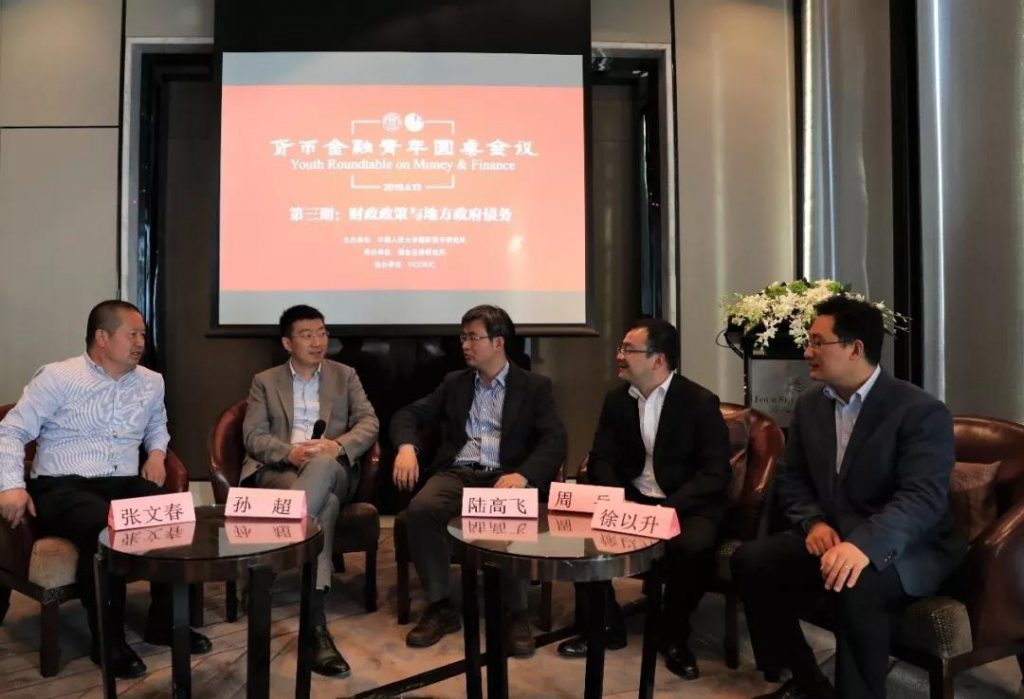Young Economists Roundtable on Money and Finance (No. 3): Fiscal Policy and Local Government Debt
2019-04-13 IMI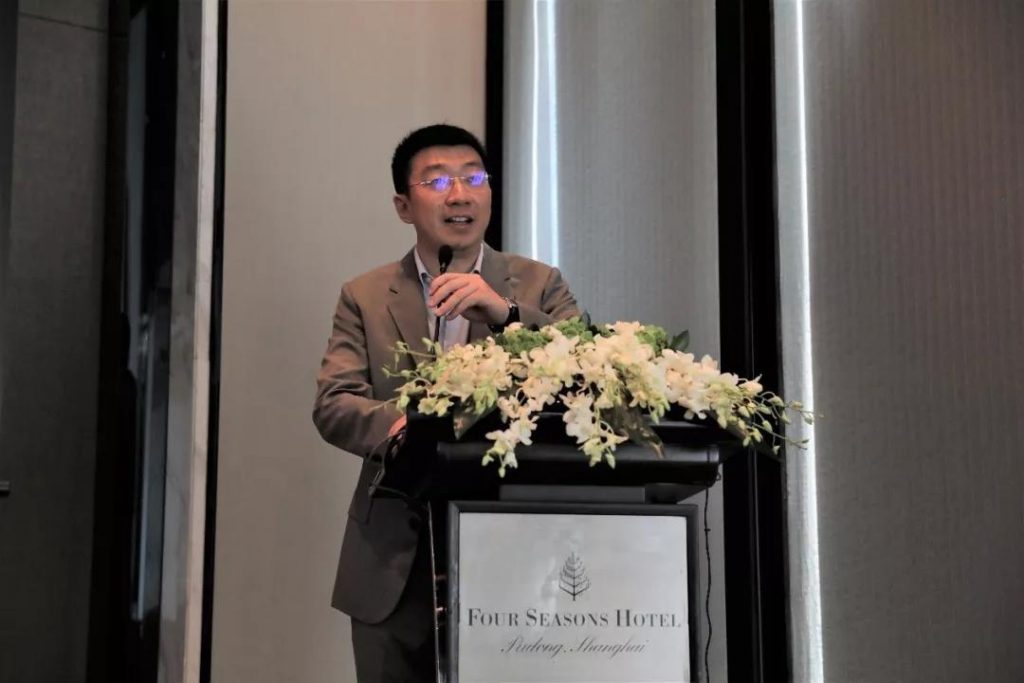
Sun Chao
Dr. Tang Yue elaborated on the theme of "Leverage, Production Capacity and Liquidity". He believed that China's leverage ratio continued to rise from 2008 and the slope will decline after 16 years. Structurally, the business sector is relatively stable, with the residential and government sectors ascending faster. He said that from 2011 to 2016, the contraction of production capacity cycle and the expansion of financial cycle brought about a bullish bond market. However, in the process of interest rate reduction after 2018, as the business sector was at the bottom of the production capacity cycle, the high demand for credit slowed down, and the foundation of the bullish debt market was not firm. In the future, it is necessary to observe the leverage of the residential and government sectors. In the medium and long term, the two sectors have a tendency to deleverage, but there is great uncertainty in the short term. Finally, he stressed that in the financial sector, there is currently an upside-down of assets and liabilities, the deployment side lacks momentum, and the short-term interest rate debt market is not optimistic.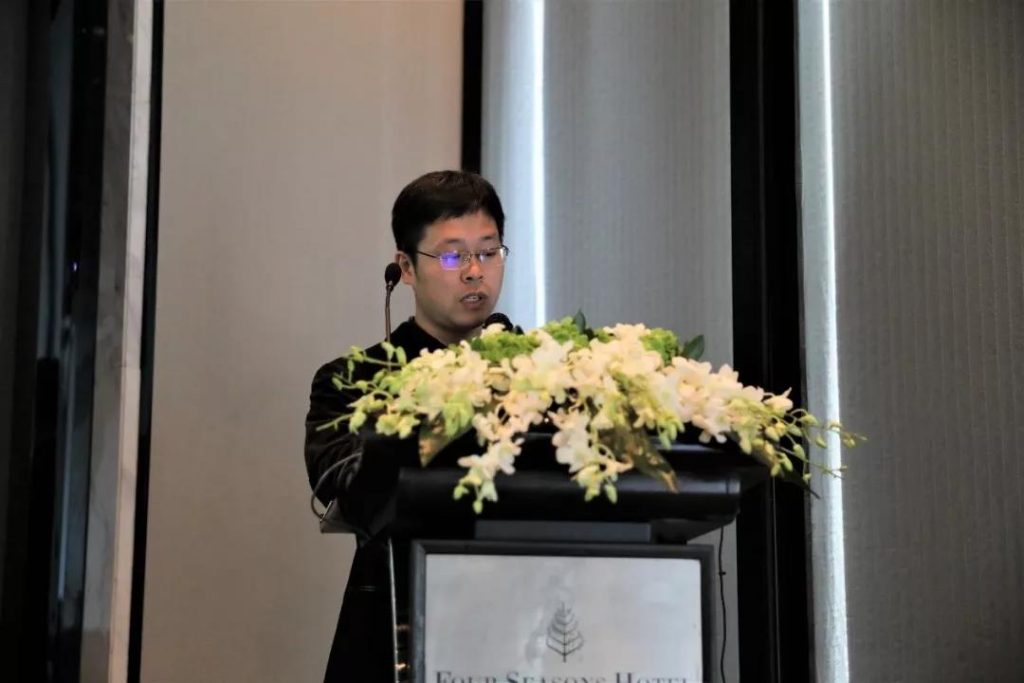
Tang Yue
The topic of Dr. Zhou Yue's speech was "Positive Finance: Definition, Review and Prospect". He first talked about the word "positive" and pointed out that financial market participants and government departments have different understandings of positive finance. In future financial reforms, positive finance should emphasize sustainability, the guarantee of strategic priority and efficiency improvement. He elaborated on positive finance in 2019 from a forward-looking perspective, pointing out that this year's main theme is "to step up and enhance efficiency", with specific measures being structural tax cuts and infrastructure improvements, with emphasis on enhancing protection and improving people's livelihood. However, considering the slowdown in the growth rate of fiscal revenue, the insufficient balance of transferred surplus funds, the decline in land transfer revenue and other factors, fiscal expenditure throughout the year is likely to have a "high start but low end".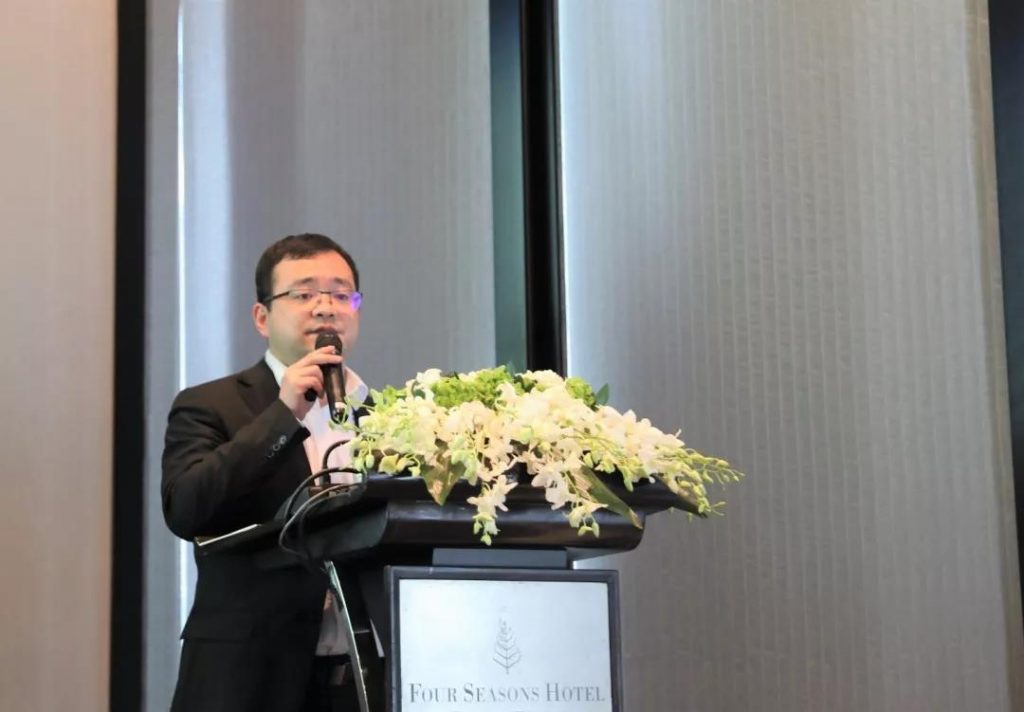
Zhou Yue
Prof. Zhang Wenchun shared with the participants "Discussions on Several Fiscal and Taxation Issues" from an academic perspective. He believed that China's businesses have a low tax burden now, but there are too many fees apart from the tax. He pointed out that China's finance is facing three major problems, namely "balance of payments pressure", "financial risks and sustainability" and "social security gap". He stressed the need to further prevent financial risks in the future, strengthen the role of budget constraints, reform and improve the transfer payment system, and do a good job in the legal and legislative work of major taxes.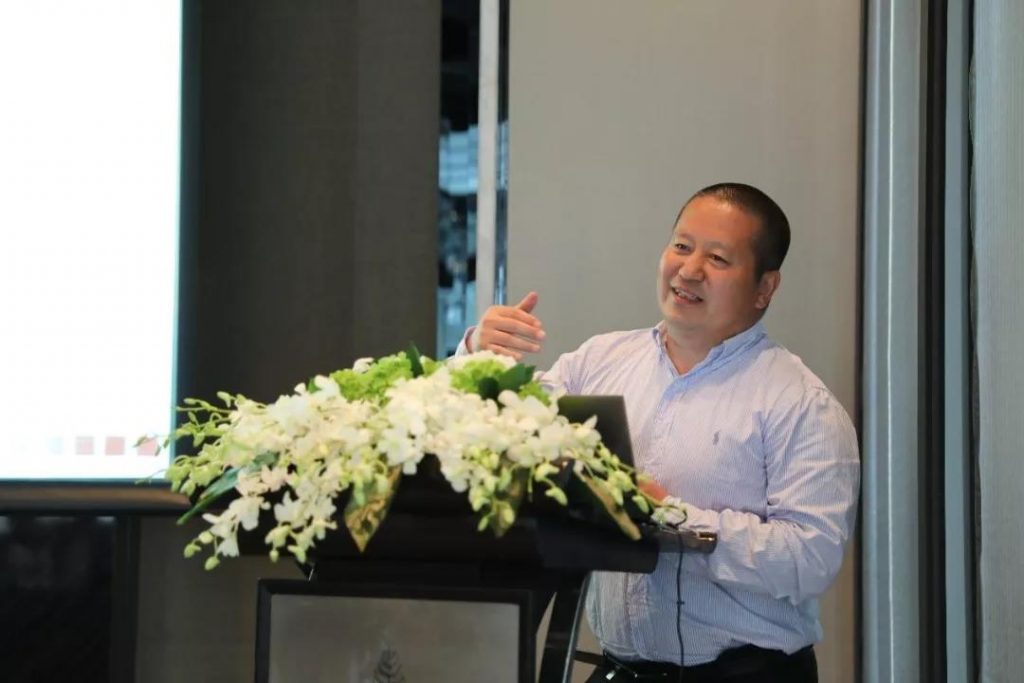
Zhang Wenchun
In addition, IMI senior researcher Xu Yisheng, researcher Lu Gaofei and experts and scholars from Guotai Junan Securities, Shenwan Hongyuan Securities, Taikang Asset, CUAM, GTFund and other institutions also attended the meeting and participated in the roundtable discussion.